Tolara
The New World
Widely considered The New world, Tolara was first discovered in 5710 when a ship named The Golden Duchess shipwrecked in the region now known as Gwyn Tira'Kie on its western coast. After the survivors repaired the ship, it limped back to its home port of Bán Ródh in Castrillis to tell the world of its discovery. What followed was an influx of settlers- mostly Merchants and Explorers- looking for new life, new adventure, and (perhaps most importantly) the opportunity for more than a little gold. As a continent, Tolara stretches across multiple regions and ecosystems- from Polar in the North, Plains and Deserts near the equator, all the way through to Tropical Jungles in the South; it has 4 active volcanoes across multiple mountain ranges, and is home to a massive amount of unique plants and animals that are found only on this continent. Winds in Tolara are usually gentle, with large storms and extreme weather being infrequent; the seas to the North and West are treacherous and usually difficult to traverse, however- while the seas to the South and East are calm (save for the south east).
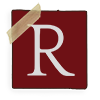




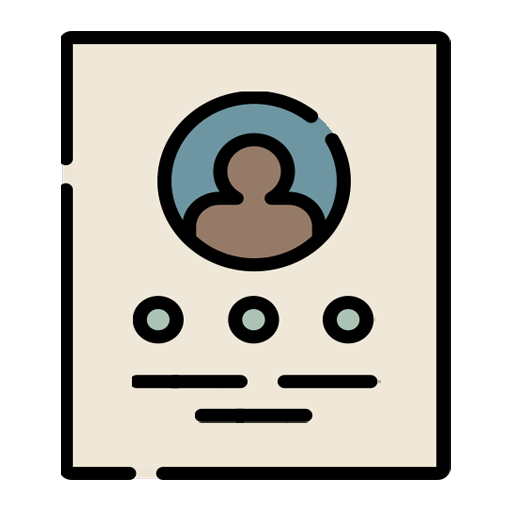
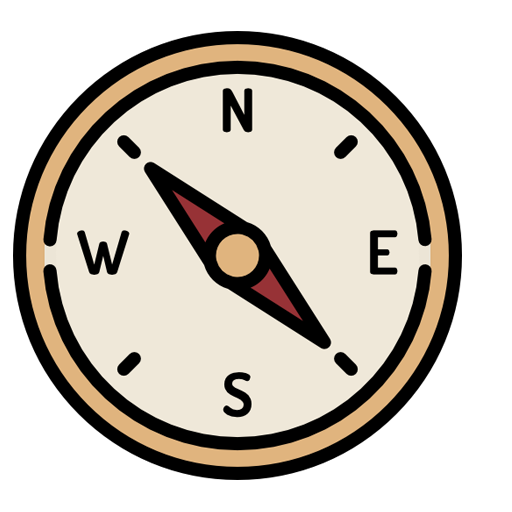
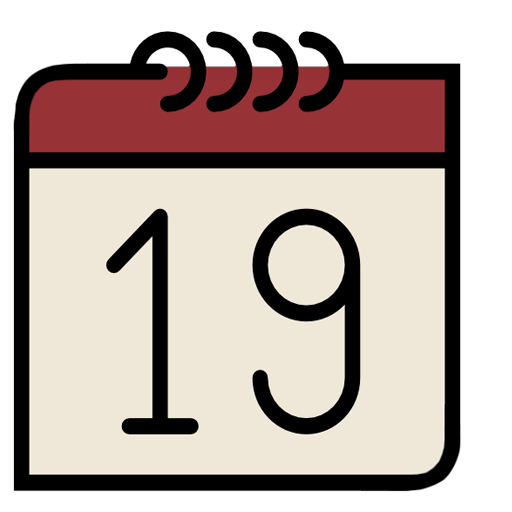

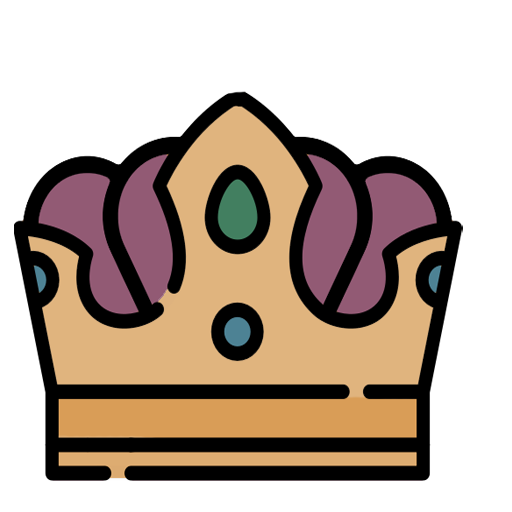
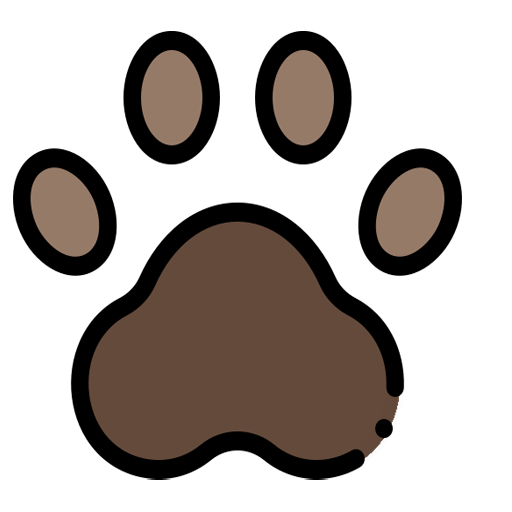
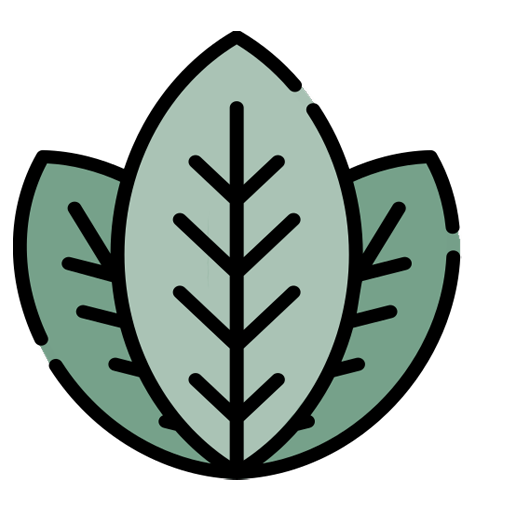
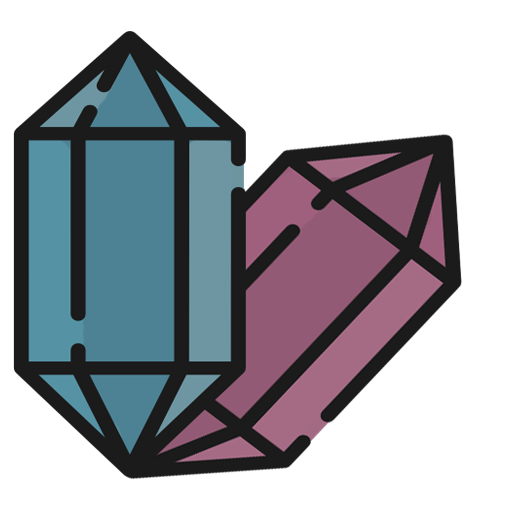
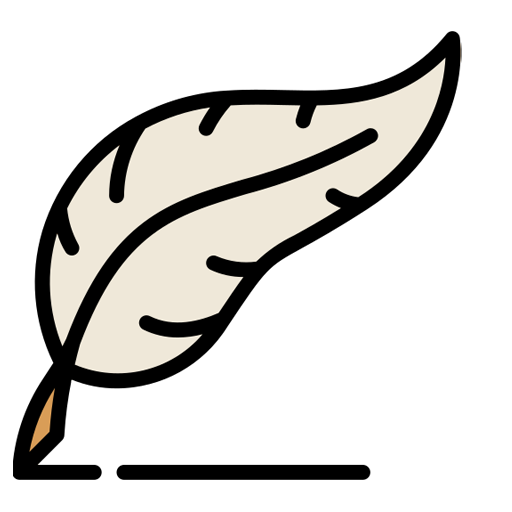


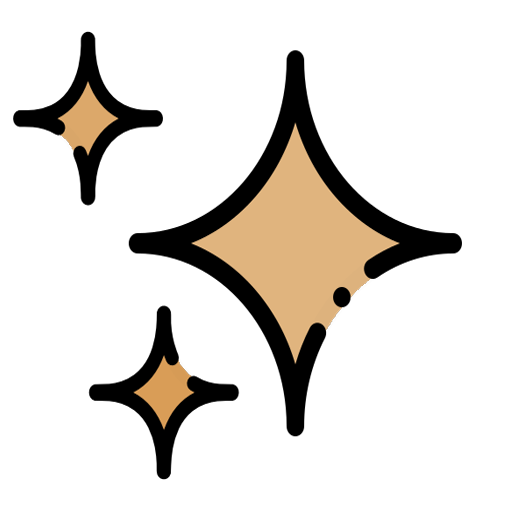


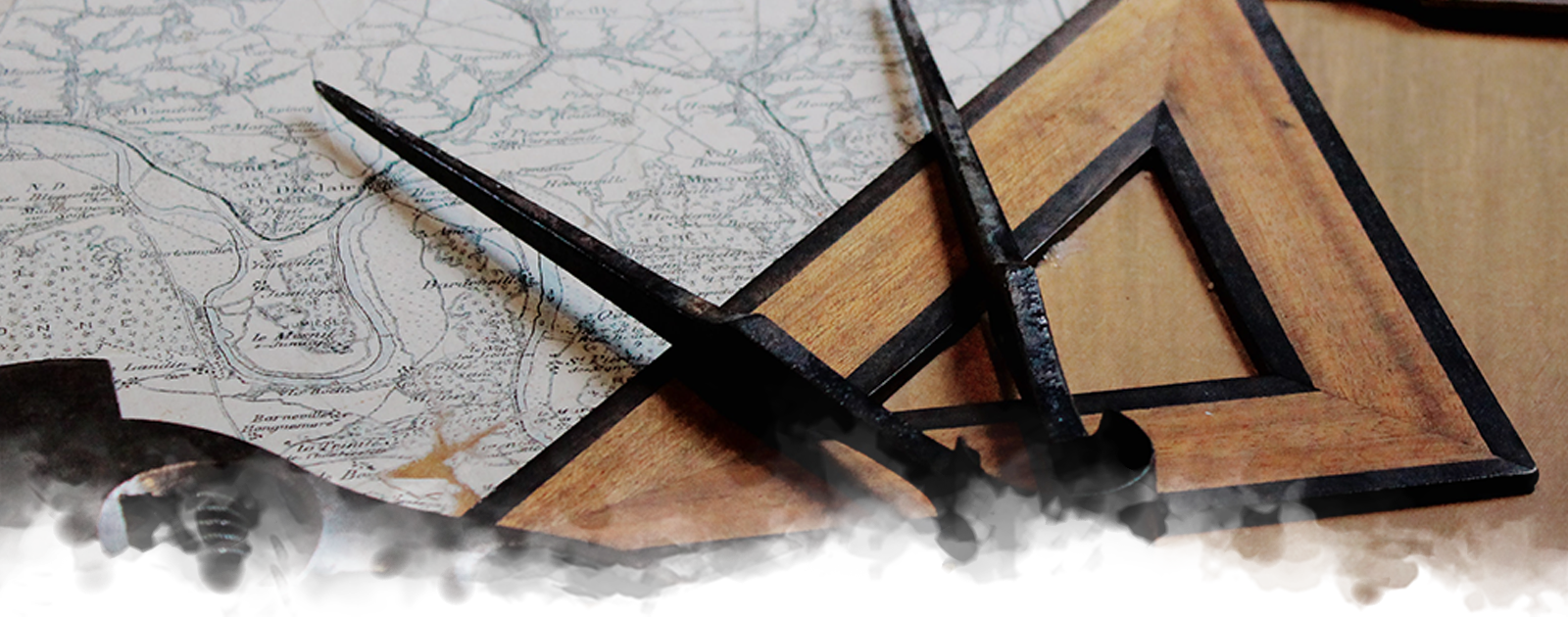


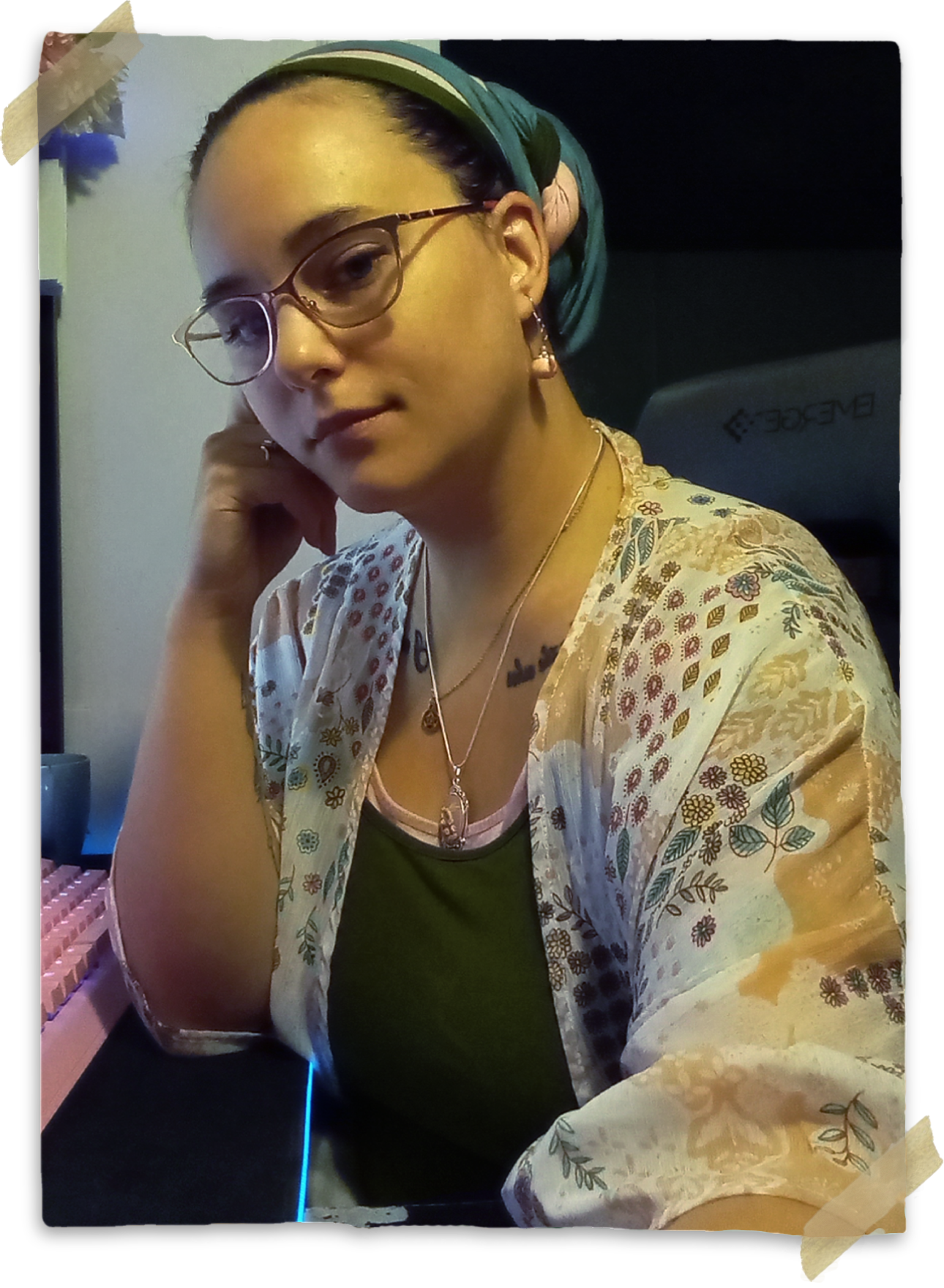
Comments
Author's Notes